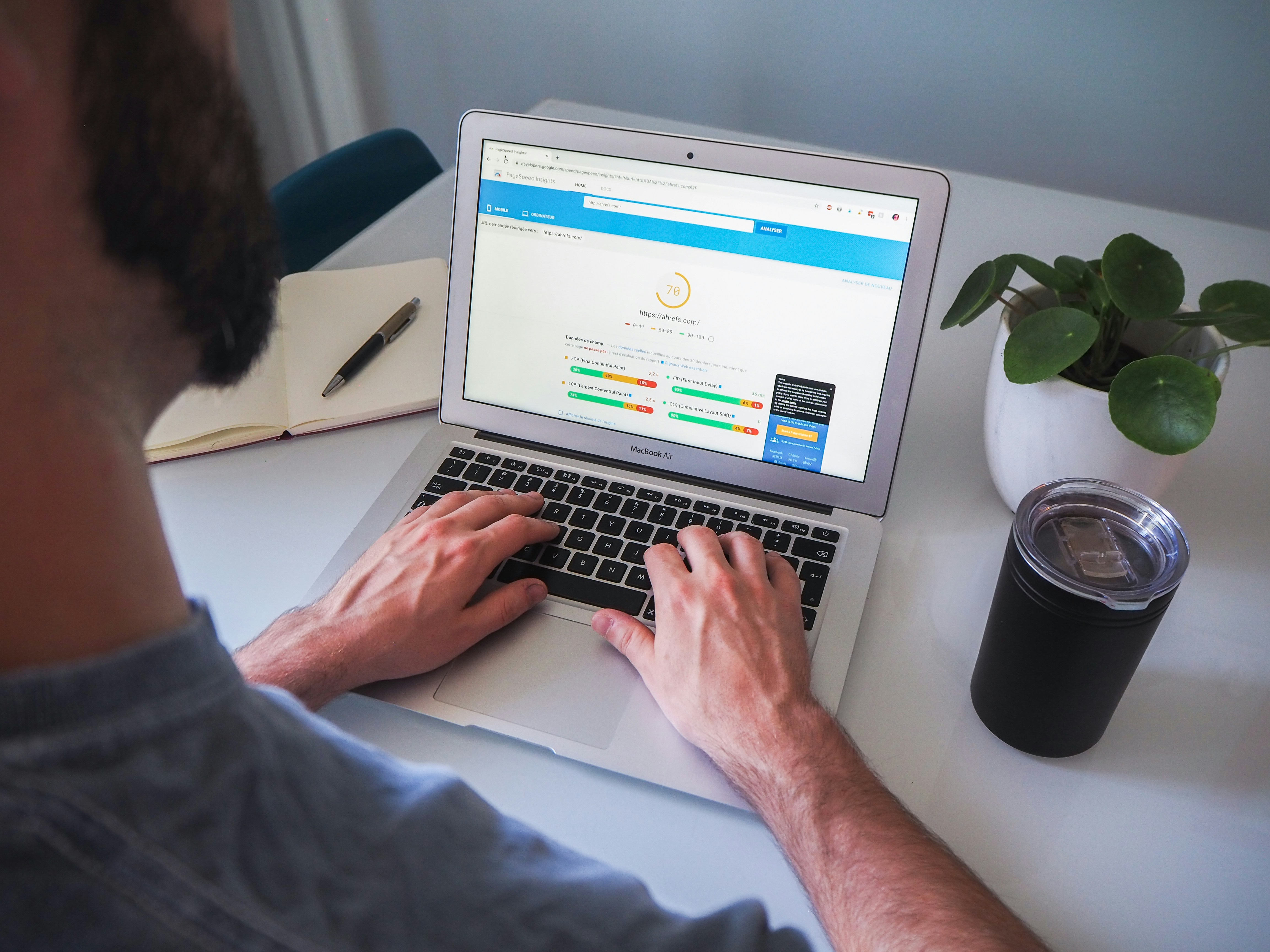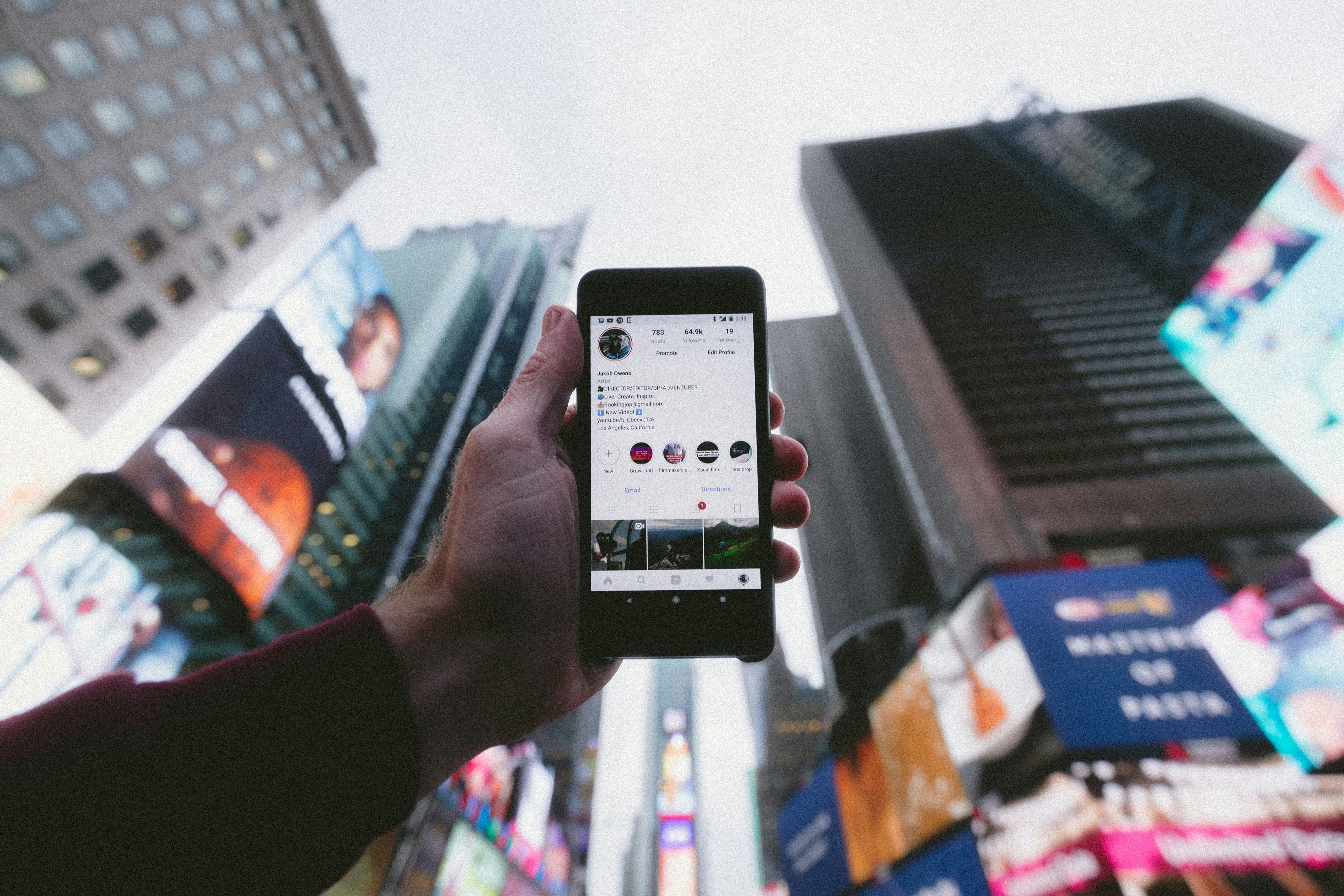AI and Your Website: Smarter, More Personal, and More Effective
There was a time when a website mainly consisted of a few pages with some information: a homepage, a contact form, and maybe a list of products or services. You put it online, and that was it. But visitors’ expectations have changed dramatically. People have become used to apps and platforms that understand them effortlessly—like Netflix or Spotify—and they bring those expectations to every website they visit. They want a site that loads quickly, looks great, and immediately shows them the right information or products. That means websites can no longer be passive showcases—they need to be smart, interactive environments. And that’s exactly where AI comes in.
Personalized Experiences
One of the biggest advantages of AI on websites is personalization. Visitors want to feel that a website understands them. If someone visits your site for the second time, AI can recognize which pages were viewed previously and take that into account when showing new content. For an online store, that might mean previously viewed products reappear or new recommendations are shown that match the visitor’s tastes and preferences. For a blog, it could mean suggesting new articles on similar topics. These kinds of personalized experiences make visitors feel seen and increase the chance they’ll return. It’s as if your website is having a conversation instead of delivering a monologue.
Smarter Customer Service
Chatbots are no longer a novelty, but AI has taken them to another level. Where traditional chatbots often got stuck when a question strayed from the script, modern AI chatbots can understand natural language and truly converse with visitors. They can analyze complex questions and instantly provide the right information—or, if necessary, refer the user to a human employee. This means customers can get help 24/7 without you needing to be online all the time. For businesses, this not only improves the customer experience but also saves time and money. A well-trained AI chatbot can handle dozens, if not hundreds, of questions per day, freeing up your team to focus on tasks that require personal attention.
Adaptive Content
AI makes it possible to create content that’s dynamic and flexible. Imagine your website automatically testing which headline performs better, or which call-to-action generates the most clicks. A/B testing has existed for a while, but AI can speed up and improve this process by continuously learning from visitor behavior. AI can also automatically adapt content to the context—for example, showing personalized offers to returning customers or translating content into multiple languages to instantly reach a global audience. This makes your website not only more relevant to visitors but also more effective in achieving your goals.
Design and Usability
A website can look beautiful, but if visitors can’t find what they’re looking for, they’ll leave. AI can play a big role here. By analyzing how users navigate your site—where they click, how long they stay, and where they drop off—AI can detect patterns you might overlook. Based on that, you can make improvements such as clearer navigation menus or shorter forms. There are even AI tools that suggest full redesigns or automatically generate layouts that match user preferences. This way, your site remains not only attractive but also user-friendly and effective.
SEO and Visibility
A great website is of little use without visitors. That’s why search engine optimization (SEO) remains crucial. Here too, AI can make a decisive difference. AI tools can analyze huge amounts of search data and uncover trends that would be nearly impossible to find manually. They can suggest new topics people are searching for and even generate outlines for blog posts likely to rank high on Google. They can also optimize existing content to better align with search engine priorities. The result: a website that performs better for users and is more visible to new audiences.
The Balance Between Human and Machine
With all these possibilities, it’s tempting to let AI handle as much as possible. Yet it’s important to remember that technology can never fully replace the human touch. AI can make processes faster, smarter, and more efficient, but it lacks creativity, empathy, and emotion. A website built and filled entirely by AI can feel cold and generic. That’s why the human role remains essential. Creative ideas, authentic stories, and a personal tone are what truly make a brand stand out. You should see AI as a tool—not a replacement.




